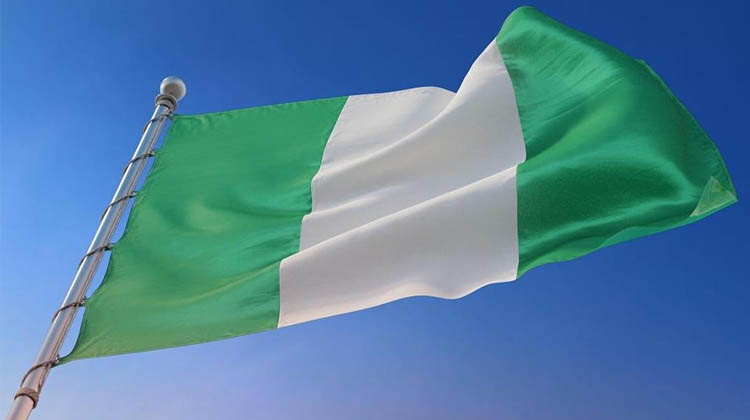Despite the launch of the Nigerian Startup Act and initiatives like the Startup Investment Seed Fund, Nigeria’s standing in the global startup ecosystem has dipped, dropping two places to 66th worldwide. This decline raises pressing questions about the effectiveness and speed of implementing these reforms.
According to the latest StartupBlink index, which measures startup activity, ecosystem impact, and support infrastructure, Nigeria also fell to fourth place in Africa—its lowest regional rank in years. Among the top seven African countries, Nigeria recorded the slowest growth rate at under 6%.
Analysts view this performance as a critical benchmark for the country’s recent policy efforts to rejuvenate its startup ecosystem. Enacted in 2022, the Nigerian Startup Act was hailed as transformative legislation designed to create a solid legal and institutional foundation for startups. The Act promised to drive growth through clearer regulations, tax incentives, talent development programs, and easier capital access.
Complementing this was the Startup Investment Seed Fund, a government-backed initiative aimed at fueling early-stage startups and encouraging private sector co-investment. The establishment of the National Council for Digital Innovation and Entrepreneurship further seeks to coordinate stakeholders and monitor progress.
However, the latest rankings suggest that policy intentions have yet to translate into tangible progress. Nigeria remains West Africa’s startup leader, hosting six of the region’s top 10 startup cities. Yet, momentum is waning, with most of these cities, including flagship Lagos, slipping in global rankings.
Lagos, the continent’s largest startup ecosystem and Nigeria’s tech hub, dropped six places to 76th globally, losing some ground gained in 2024 when it broke into the top 70 for the first time. The slide highlights ongoing challenges such as infrastructure bottlenecks, limited capital access, and a tightening investment climate.
In contrast, Abuja was a bright spot—improving its global rank by over 50% to 399th. This progress signals a promising diversification of Nigeria’s startup scene, further emphasized by Ilorin’s debut in the global top 1,000.
Despite these pockets of growth, broader obstacles persist. “The foundation is in place with the Startup Act and related initiatives, but the real test lies in execution. Global competitiveness demands sustained effort, deeper funding pools, and agile regulatory frameworks,” noted tech analyst Jide Awe.
The report also highlights Nigeria’s strengths: a youthful, tech-savvy population exceeding 200 million, a rapidly expanding mobile and digital economy, and a strong fintech sector with standout companies like Flutterwave, OPay, and Jumia, which keep Nigeria at the forefront of Africa’s startup narrative.
Nonetheless, structural challenges remain entrenched. Low consumer purchasing power, scarce financing for early ventures, unreliable power supply, and digital infrastructure gaps hinder progress. Many entrepreneurs continue to face bureaucratic delays, heavy tax burdens, and inconsistent enforcement of regulations.
Nigeria’s startup ecosystem benefits from a mix of public and private support, with organizations such as Lagos Angel Network, Ventures Platform, and Greenhouse Capital providing critical funding and mentorship. Nonprofits like the FATE Foundation bolster grassroots capacity through training and advisory services.
International collaboration is also growing, exemplified by partnerships such as the co-funded investment initiative with the Japan International Cooperation Agency (JICA), reflecting Nigeria’s commitment to enhancing its innovation pipeline.
As global and regional pressures intensify, experts stress that Nigeria’s future success depends on effective implementation. The Startup Act and related frameworks must be consistently enforced, well-resourced, and continuously adapted to meet the practical needs of founders and investors.
“Laws and funding are only part of the picture. Startups require reliable infrastructure, transparent governance, and swift market access. These elements are crucial for sustainable ecosystem growth and for Nigeria to reclaim its rising trajectory,” said startup founder Mathew Olori.

